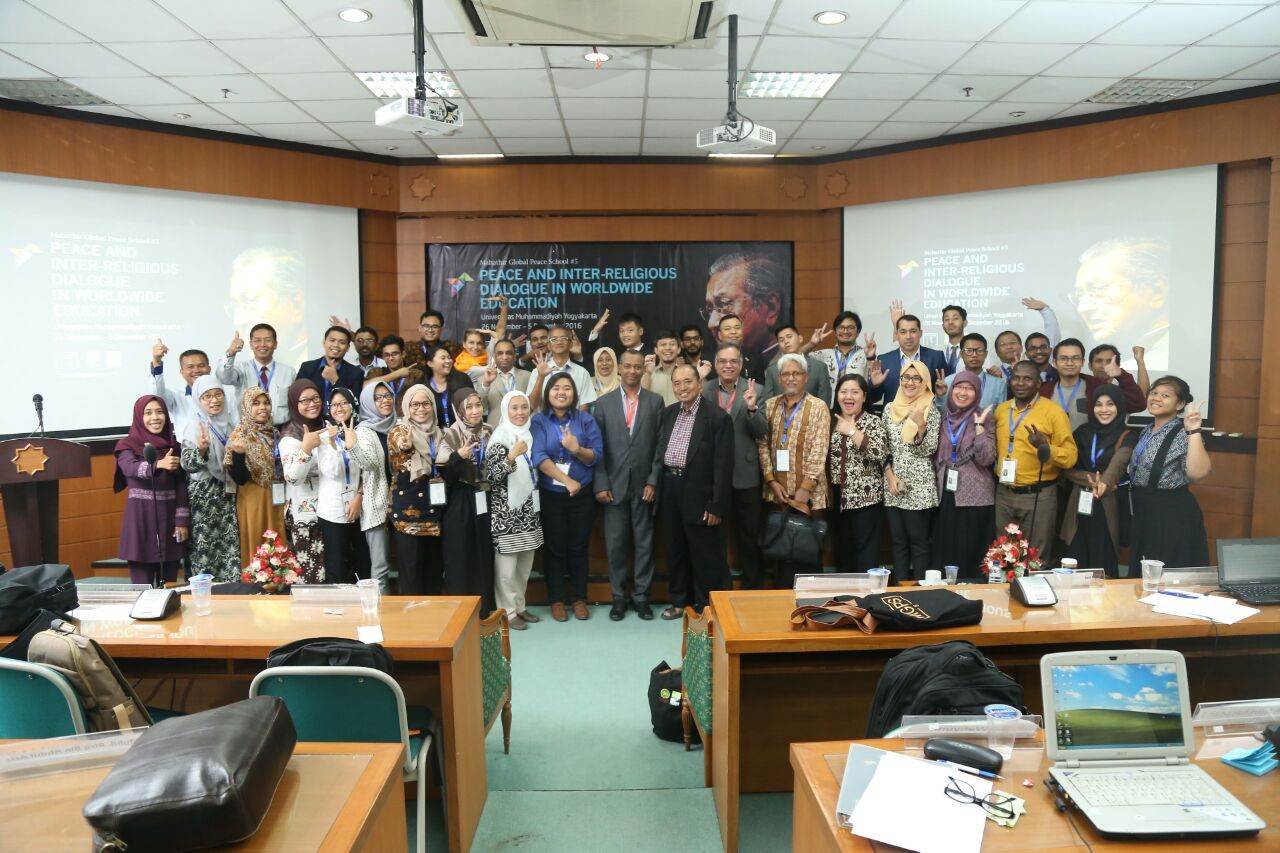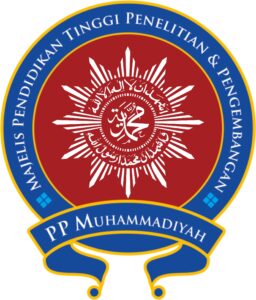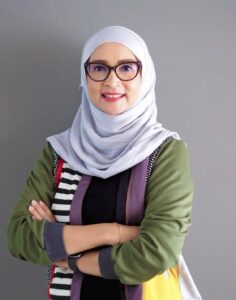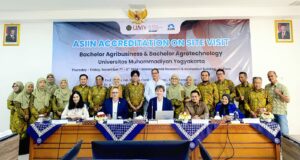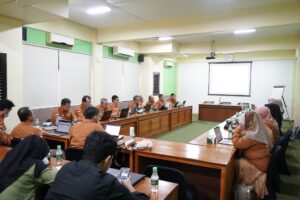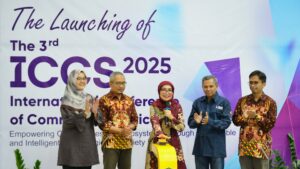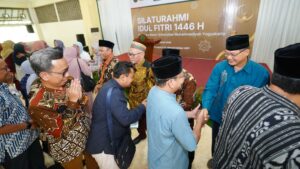A dialogue among people from different backgrounds is essential to conceptualize a framework of peace so that the notion of peace can be promoted in all over the world. This belief underlies the fifth Mahathir Global Peace School (MGPS) to focus on peace issues and to invite 36 participants from eleven countries, namely Uzbekistan, the Philippines, Malaysia, Yemen, the United Kingdom, Bangladesh, Uganda, India, Poland, Indonesia, and Thailand.
The participants admitted that they are enthusiastic about the 10-day MGPS conducted by UniversitasMuhammadiyah Yogyakarta (UMY) collaborating with Perdana Global Peace School (PGPF). Several participants were interviewed on Tuesday (29/11).
A Filipino participant, Hazel Jovita, taking a doctoral program of political sciences at UMY stated that the MGPS program is in line with her educational background. She told that peace issues is hot topics in her country since a number of conflicts is occurring in the Philippines.
“This program is interesting because the participants are from different backgrounds and countries so that they can broaden their horizon. Indeed, they share their ideas based on their culture, religion, and values,” she expressed.
After the MGPS, Hazel will accomplish her study and dissertation, and back to the Philippines. She intends to organize a similar forum to the MGPS also concerning with peace issues.
Meanwhile, a British journalist working World Peace Ambassador, Imdad H. Sheazad contended that the MGPS is valuable for society to create harmony and tolerance. He also agreed that participants’ diversity is a plus point to promote world peace.
“Besides focusing on peace issues, the MGPS also talks about the role of worldwide education in creating peace so that the participants can discuss better education. After this program, I would like to promote an idea that human beings need peace, conduct interfaith dialogue, and share knowledge which I have gained during this program,” Imdad mentioned.
Furthermore, a Thai student Sarihan Ayae thought that the MGPS enables the participants to enhance peace values and awareness of helping people in conflicting areas. “As Muslims, we have to assist one another such as providing aids for Rohingya people in Myanmar. Indeed, during the program we have to foster our understanding of the peace idea of other religions,” he mentioned.
